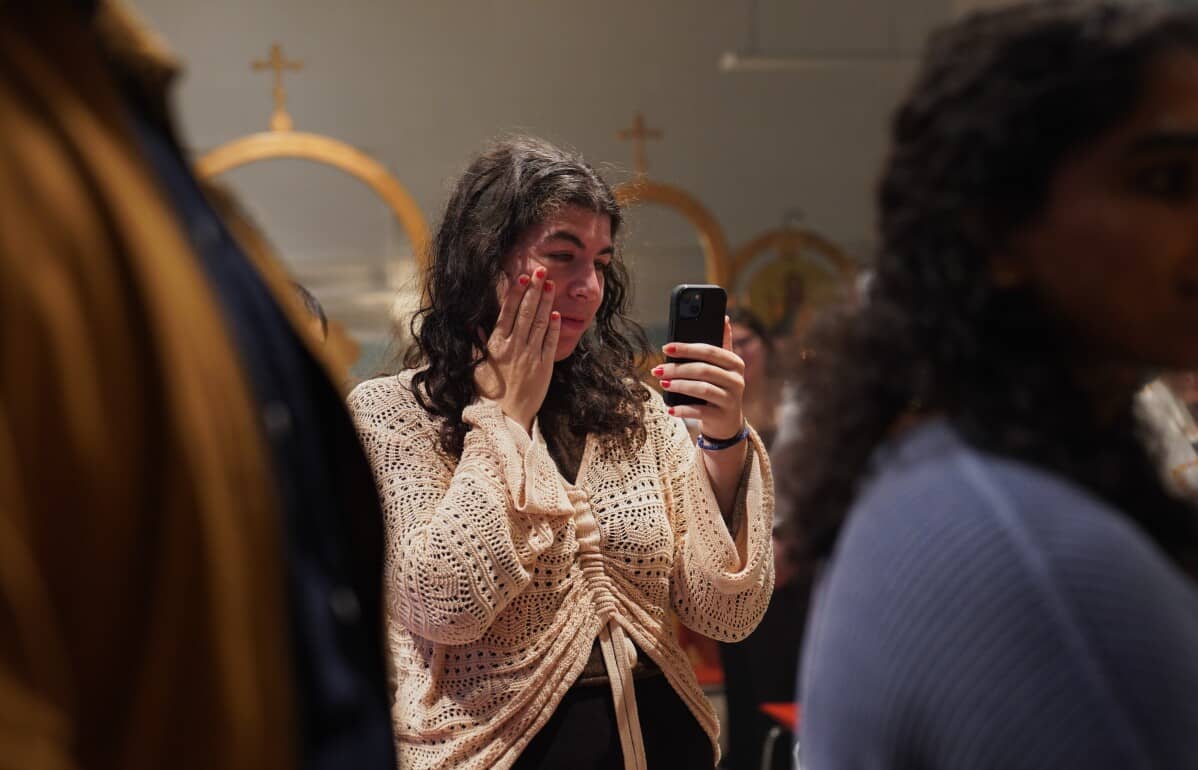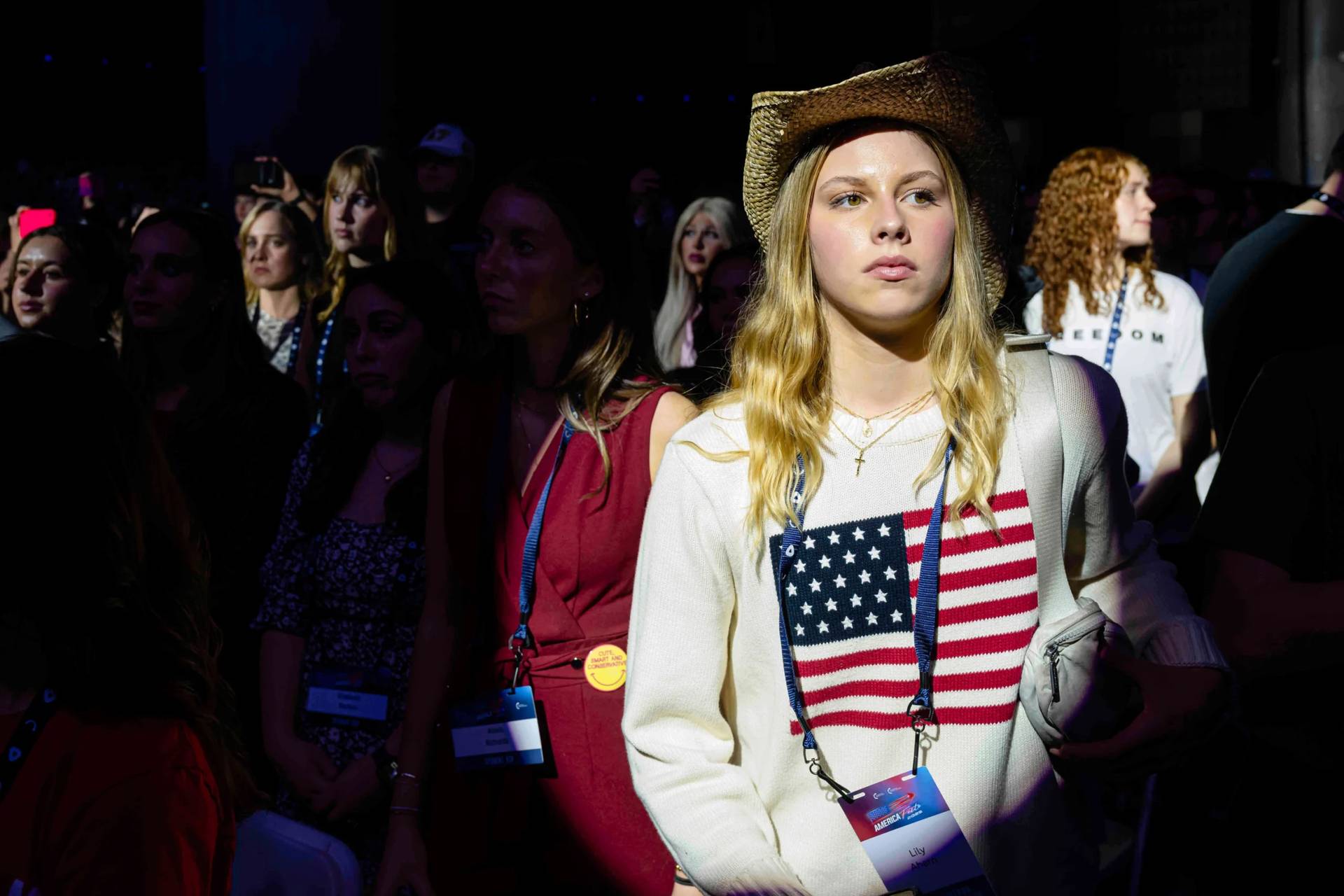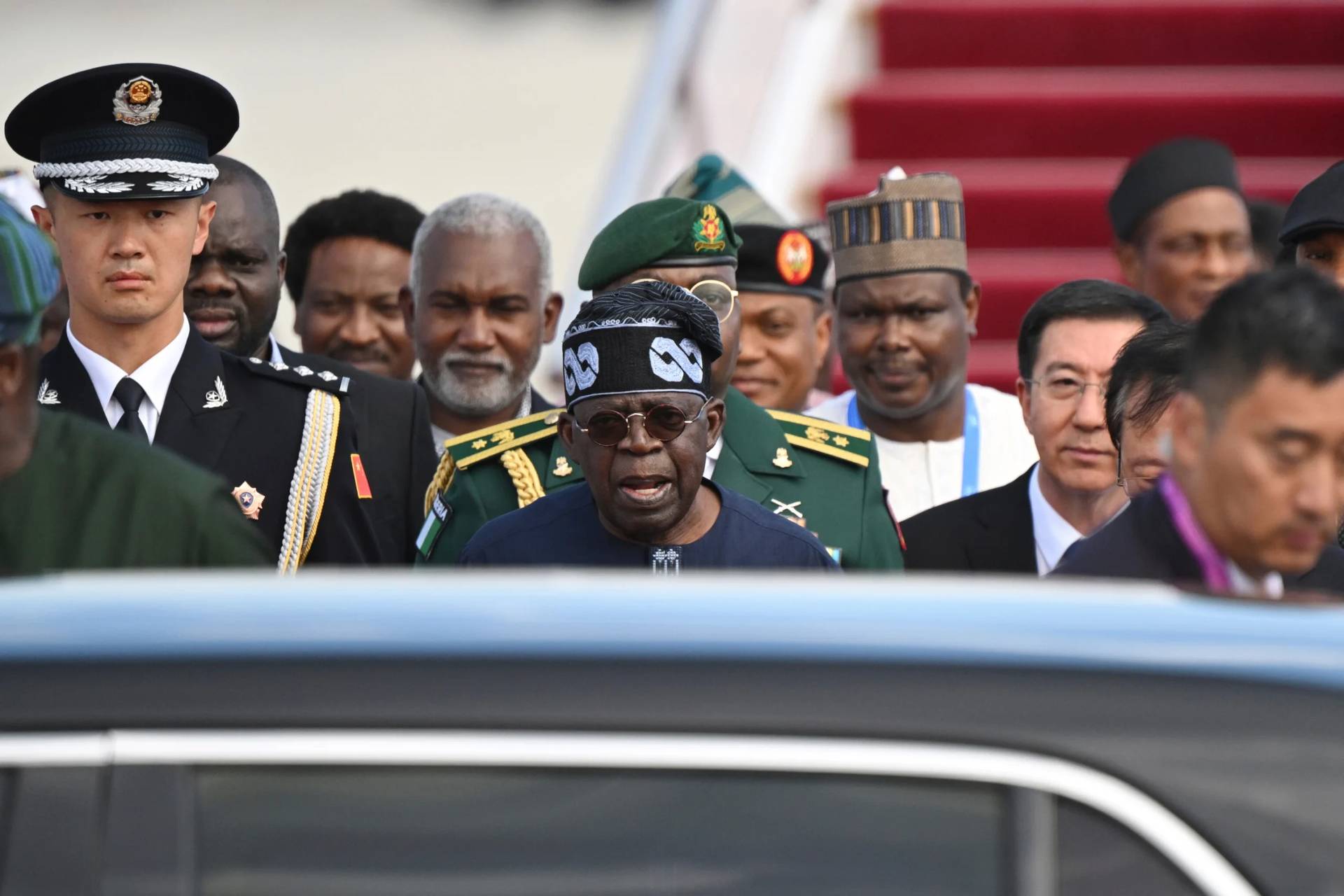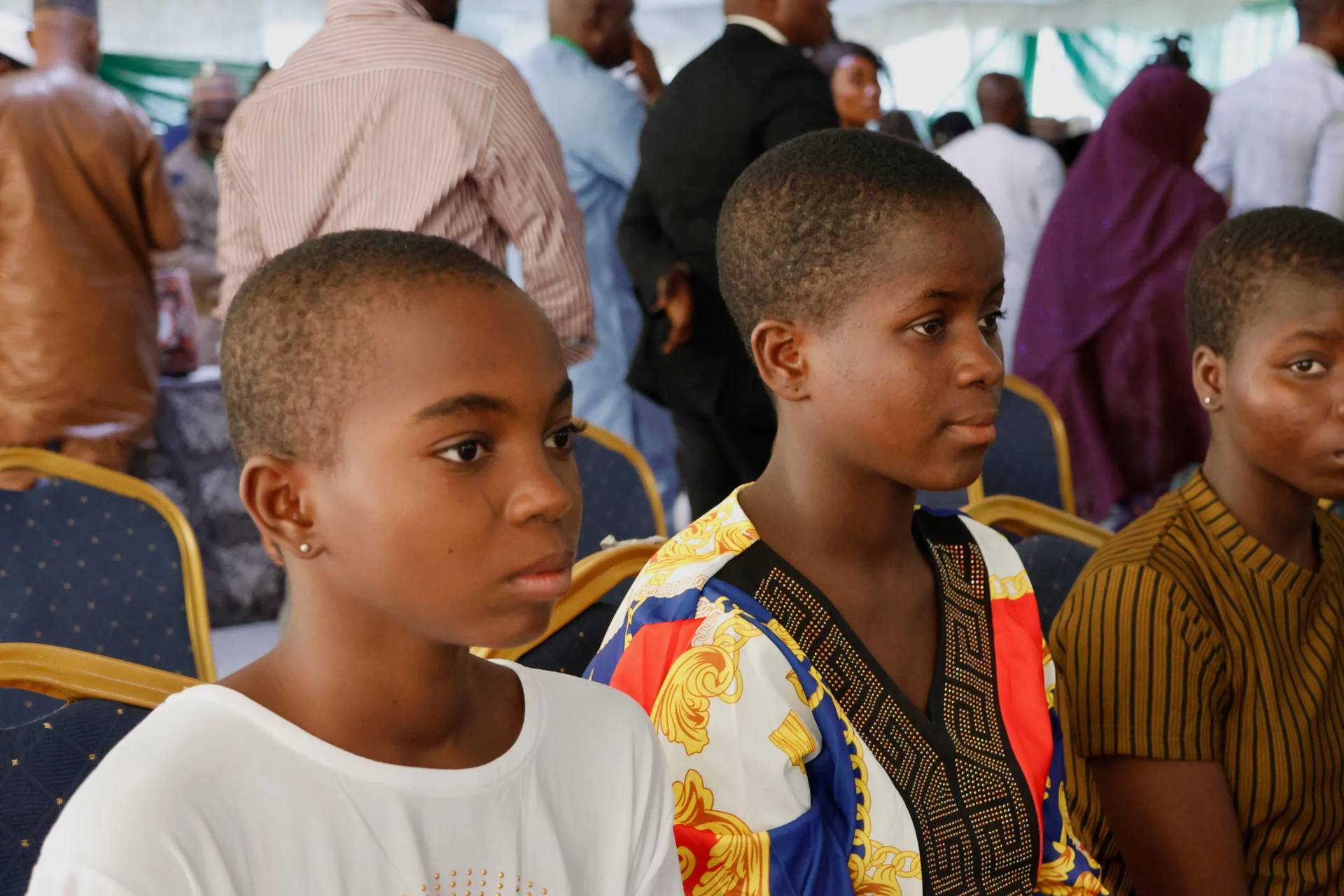YAOUNDÉ, Cameroon – An international conference in Nairobi on Laudato Si’ – the 2015 environmental encyclical by Pope Francis — ended on Wednesday with young people of different faiths being challenged to take concrete action against the degradation of humanity’s “common home.”
Speaking at the close of the July 15-16 event, Archbishop Bert van Megen, the papal ambassador to Kenya, described Laudato Si’ as “a wake-up call to young people,” whose actions should help protect the environment.
“Because the future is yours, any action undertaken now will benefit especially you, the youth, as you are the next generation of persons taking responsibility for the well-being of our human family: You are 50 percent of the world but 100 percent of the future.”
RELATED: Conference tries to tackle climate crisis in Africa
The appeal comes as more institutions are claiming a climate emergency is taking place.
In October 2018, the Intergovernmental Panel on Climate Change (IPCC) released its stark Special Report on the impacts of global warming of 1.5°C above pre-industrial levels, warning that the effects on the climate will be catastrophic if the threshold outlined in the Paris Agreement goal is crossed.
In May 2019, the Intergovernmental Science-Policy Platform on Biodiversity and Ecosystem Services (IPBES) confirmed the accelerating loss of biodiversity, noting that up to one million animal and plant species are at risk of extinction due to human activity.
“One million is a terrifying number. That is the reason why scientists describe this crisis as the sixth mass extinction event, one that is solely driven by one species: Humans,” said Cardinal Peter Turkson at the opening of the Nairobi conference. Turkson heads the Vatican’s office for Promoting Integral Human Development.
Joyce Msuya, the deputy executive director of the UN environmental office, also addressed the conference.
“The year 2019 is just over six months old, but it’s already one for the record books. Around the world, we are experiencing – for the seventh year in a row – the highest temperatures that human beings have ever recorded,” she said.
“The limit of 1.5 degrees Celsius that we set out in the Paris Climate Agreement is already fast approaching. We’re seeing devastating floods, prolonged droughts, rapid melting in the Arctic, and scientists tell us that one million species are at risk of extinction. These are all critical warning signs of an urgent and undeniable truth: Our planet is sick,” Msuya said.
Van Megen suggested the youth at the conference follow a multi-pronged approach.
The Vatican diplomat urged them to use social media to spread the pope’s environmental message, noting “communication is a powerful tool to get the attention of the world policy makers and indeed all leaders, to make them aware of the impending crisis that is staring us in the eye.”
He also said it was critical young people “turn words into action” and make a solemn commitment to better the world in which they live.
“Be a witness through your way of life. Lead by example through the daily choices you make, be it food, heating, air-conditioning, light, or means of transport,” the archbishop said.
He then spoke of the abuse and lack of respect for indigenous communities, saying that such abuse is “intrinsically connected with the abuse and lack of respect for creation.”
“The concern for the poor and an emphasis on the social dimension of the ecological crisis is clearly seen in Pope Francis’s message,” van Megen said.
“The human environment and the natural environment deteriorate together; we cannot adequately combat environmental degradation unless we attend to causes related to human and social degradation. In fact, the deterioration of the environment and of society affects the most vulnerable people on the planet: Both everyday experience and scientific research show that the gravest effects of all attacks on the environment are suffered by the poorest,” the papal ambassador continued.
“If we truly desire to develop ecology capable of curing the damage we have done, no branch of sciences, no form of wisdom can be left out: That includes religion and the language particular to it. We call upon the young people to embrace each other in the care of our common home in spite of differences in faith convictions,” he added.
In their final statement at the end of the meeting, the young people called for greater “awareness, economic empowerment and enhancing the capacity of the indigenous and African organizations engaged in environmental conservation and development.”
They called for the establishment of an environment and policies that encourage the integration of their innovativeness and talents on conservation, and insisted that collaboration between families would enhance environmental sustainability.
They also said faith groups should drive environmental sustainability, to protect humanity’s collective home, in line with Pope Francis’s words that “nature [is] a magnificent book in which God speaks to us and grants us a glimpse of his infinite beauty and goodness.”
Crux is dedicated to smart, wired and independent reporting on the Vatican and worldwide Catholic Church. That kind of reporting doesn’t come cheap, and we need your support. You can help Crux by giving a small amount monthly, or with a onetime gift. Please remember, Crux is a for-profit organization, so contributions are not tax-deductible.
















